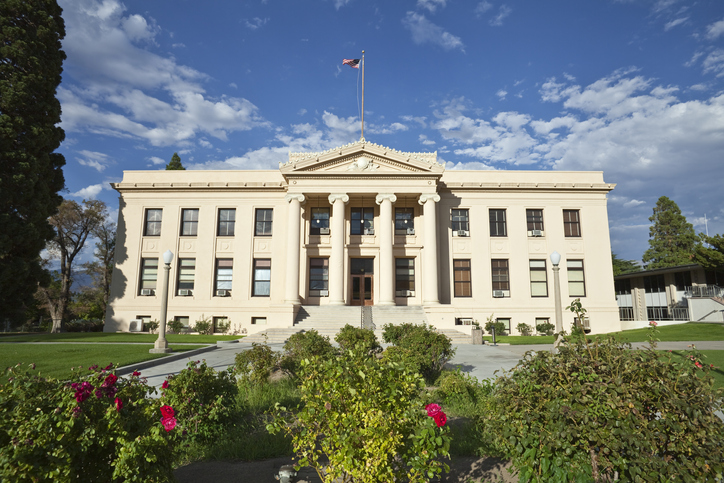At the end of a trial conducted entirely via Zoom videoconferencing, a jury found that asbestos in brakes manufactured by Honeywell and other defendants was not responsible for a former janitor’s mesothelioma.
Ricardo Ocampo and his wife, Elvia, alleged that he was exposed to asbestos-containing brake linings during his time cleaning work stations at auto dealerships and manufacturing businesses in the 1990s. The Ocampos argued that cleaning dust from these brake linings exposed him to asbestos and resulted in Ricardo developing mesothelioma, a specific kind of cancer found predominantly in the lungs. Honeywell argued that Mr. Ocampo’s age and genetic makeup were the more likely cause of his mesothelioma, not the possibility of asbestos exposure. Such “genetic” arguments have become more prevalent in toxic tort litigation, with varying success.
This result is noteworthy as an example of the flexibility required in order to successfully complete a remote trial. Faced with technical difficulties causing delays in testimony and concerns over distracted jurors, the parties had to work closely with the court to ensure that the trial proceeded as smoothly as possible. After a month-long trial, the jury concluded that Mr. Ocampo’s illness was not caused by exposure to the defendants’ products.
Keesal, Young & Logan is actively representing clients in Zoom trials and arbitrations, and is positioning itself on the cutting edge of this new litigation forum.
This information has been prepared by Keesal, Young & Logan for informational purposes only and is not legal advice. Transmission of the information is not intended to create, and receipt does not constitute, an attorney-client relationship between you and Keesal, Young & Logan. You should not act upon this information without seeking professional counsel.
